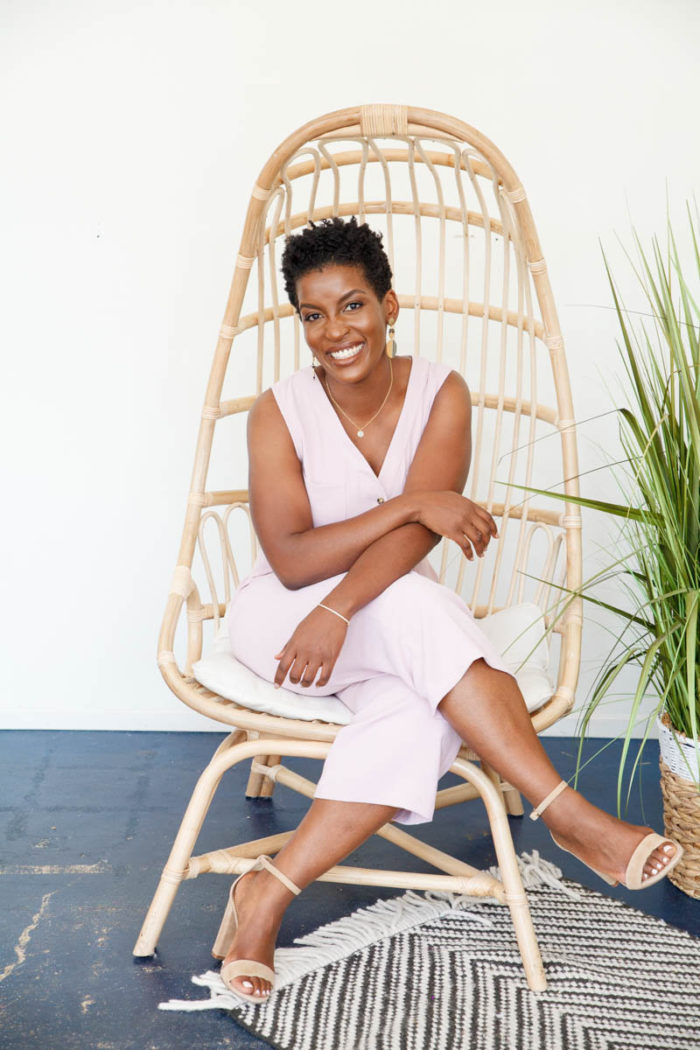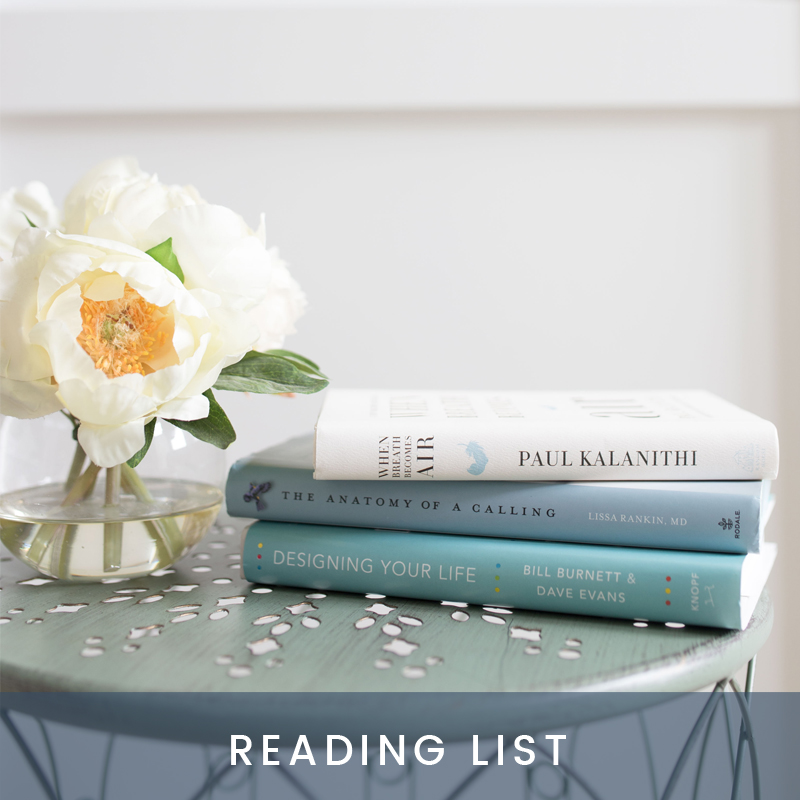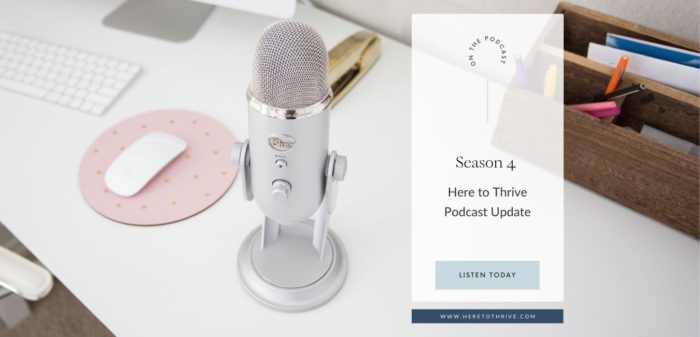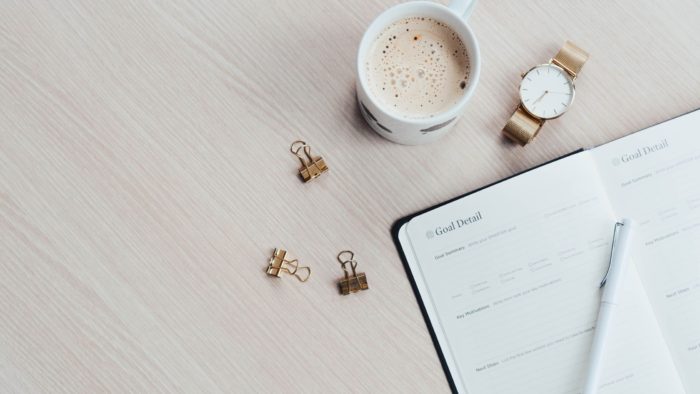Hi Friends,
Let’s be real. Human connection is one of the things that has suffered immensely during the weirdness that is this pandemic world.
Will we ever feel as comfortable among strangers again? Will we go back to shaking hands and politely hugging acquaintances when we see them?
I’m not sure. But what I do know is that it helps our well-being to consider what connection really means and how we can foster it. Here are some thoughts to consider and inspire you.
Thoughts from Kate:
Being connected to one another is a fundamental human need. We crave social bonds, even if we’re introverted. Closeness and being a human alongside other humans feeds us.
So what can we do to foster connection with others? Here are some of my thoughts:
- Prioritize connection. Look for ways to genuinely warm up the day of another. A friendly text, a short call, a note of gratitude, a bunch of flowers. Remember to stay connected.
- Spread positive vibes. Compliment people. Smile more. Put yourself out there and say something positive to a stranger. As well as boosting their energy, it will boost yours.
- Practice interpersonal courage. Be willing to start the conversation, ask for a phone number, invite someone into your home or to go for a walk. It may feel uncomfortable. You may feel totally dorky. But the potential payoff is worth the discomfort.
Quotes to Inspire:
- “Love is not something we give or get; it is something that we nurture and grow.” – Brene Brown
- “The most basic and powerful way to connect to another person is to listen. Just listen. Perhaps the most important thing we ever give each other is our attention… A loving silence often has far more power to heal and to connect than the most well-intentioned words.” – Rachel Naomi Remen
- “Each contact with a human being is so rare, so precious, one should preserve it.” – Anais Nin
- “A human being is a part of the whole called by us universe, a part limited in time and space. He experiences himself, his thoughts and feeling as something separated from the rest, a kind of optical delusion of his consciousness. The delusion is a kind of prison for us, restricting us to our personal desires and to affection for a few persons nearest to us. Our task must be to free ourselves form this prison by widening our circle of compassion to embrace all living creatures and the whole of nature in its beauty.” – Albert Einstein.
Something to Try:
- Grab a piece of paper or open a notes page on your phone.
- Without over-thinking it, write down the names of 3-8 people who matter to you, who you care about. For whatever reason. Trust if their name pops onto the list.
- Make a point to connect with each of them this week, or do something uniquely special to show them how much you care. Send them a card, flick them a text, write them a Facebook message, write them a gratitude note, send them flowers just to say you care.
- Watch the positive vibes and feelings of connection flow…all because you started it.
Till next month, keep thriving.
– Kate
p.s. This is a once a month resources that drops on the last day of the month for the Here to Thrive community to help you ponder, consider and act on the deeper aspects of life. If you’re not yet signed up, use the link below to make sure yours arrives in your inbox next month!











